Have you ever wondered why some German Shepherds seem to be glued to their owners, eyes sparkling with adoration, while others seem distant or even rebellious? The truth is, the everyday routines you build with your dog can either forge an unbreakable bond or quietly chip away at the trust between you. German Shepherds are not just intelligent—they’re deeply emotional and crave genuine connection. The small things you do every day can make the difference between a loyal companion and a misunderstood pet. Discover the 9 routines that will make your German Shepherd your steadfast partner for life—and learn the 5 surprising habits you might not realize are sabotaging your bond.
Daily Exercise: The Foundation of Trust and Happiness

German Shepherds are known for their loyalty, intelligence, and deep emotional connection with their people—but that powerful bond doesn’t just happen by chance. It’s built, day by day, through the routines, habits, and trust you share. The right daily practices can transform your German Shepherd into not just a pet, but a true partner who looks to you for guidance, comfort, and friendship. On the other hand, certain actions—often done without realizing—can weaken that trust over time.
Nothing fuels a German Shepherd’s happiness like a good run, a long walk, or an energetic game of fetch. These dogs are bred for work and thrive on physical activity. When you commit to daily exercise, you’re not just burning off energy—you’re showing your dog they matter. Regular movement gives them an outlet for their instincts and prevents boredom, which can lead to destructive behaviors. It’s also a time when you and your dog can share moments of pure joy, building memories and deepening your connection. Imagine their tail wagging, tongue lolling, eyes shining with gratitude—this is the simple magic of shared activity. If you skip this routine, frustration and restlessness can take over, slowly eroding the trust you’ve built.
Consistent Training: Speaking the Same Language
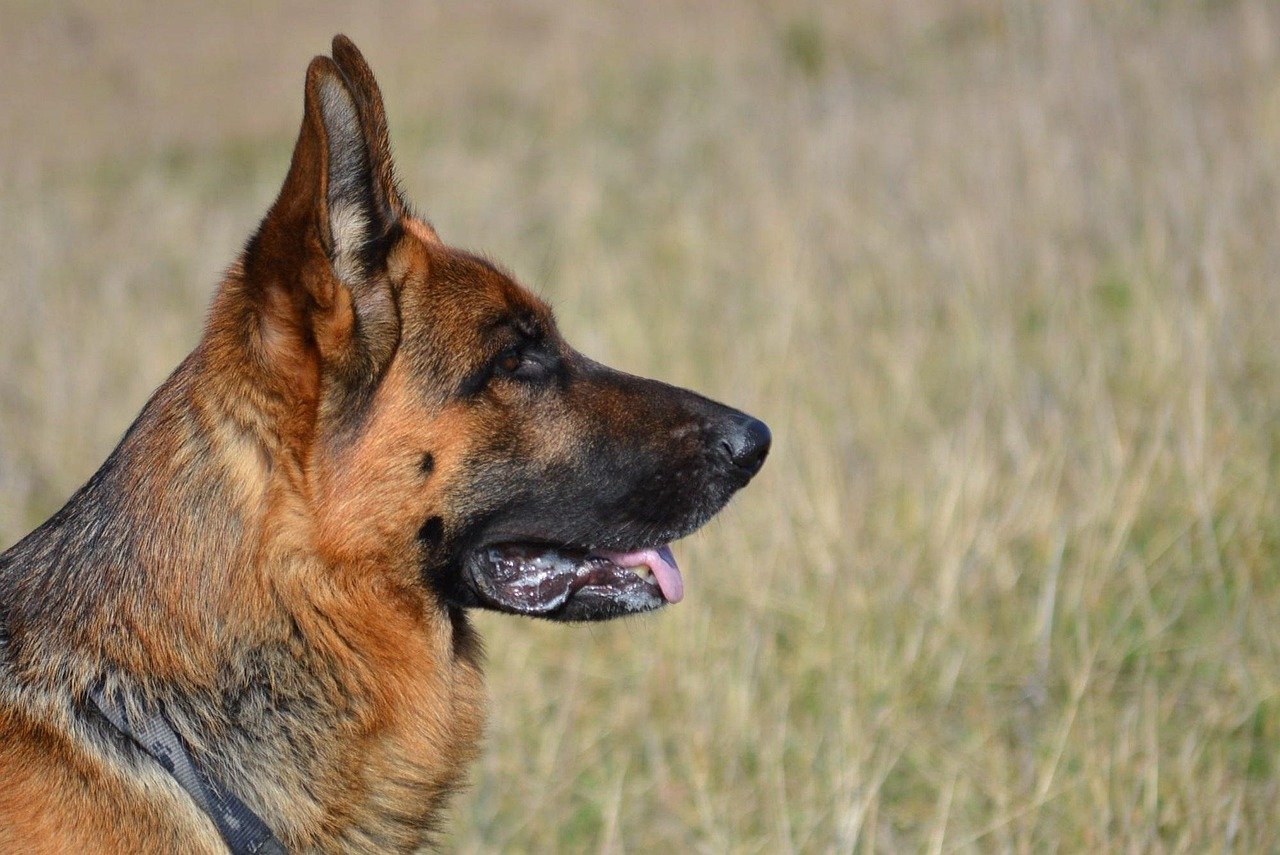
German Shepherds are among the smartest breeds in the world, but intelligence isn’t enough—they need guidance. Consistent, positive training sessions give your dog the structure they crave. When you use clear commands and reward good behavior, your Shepherd learns to trust your leadership. Training shouldn’t feel like a chore; think of it as a team sport where you both win. Short, daily sessions work best, keeping things fun and engaging. Celebrate little victories together! A Shepherd who understands what’s expected of them feels secure, and this security is the bedrock of loyalty.
Quality Playtime: Sparking Joy and Connection
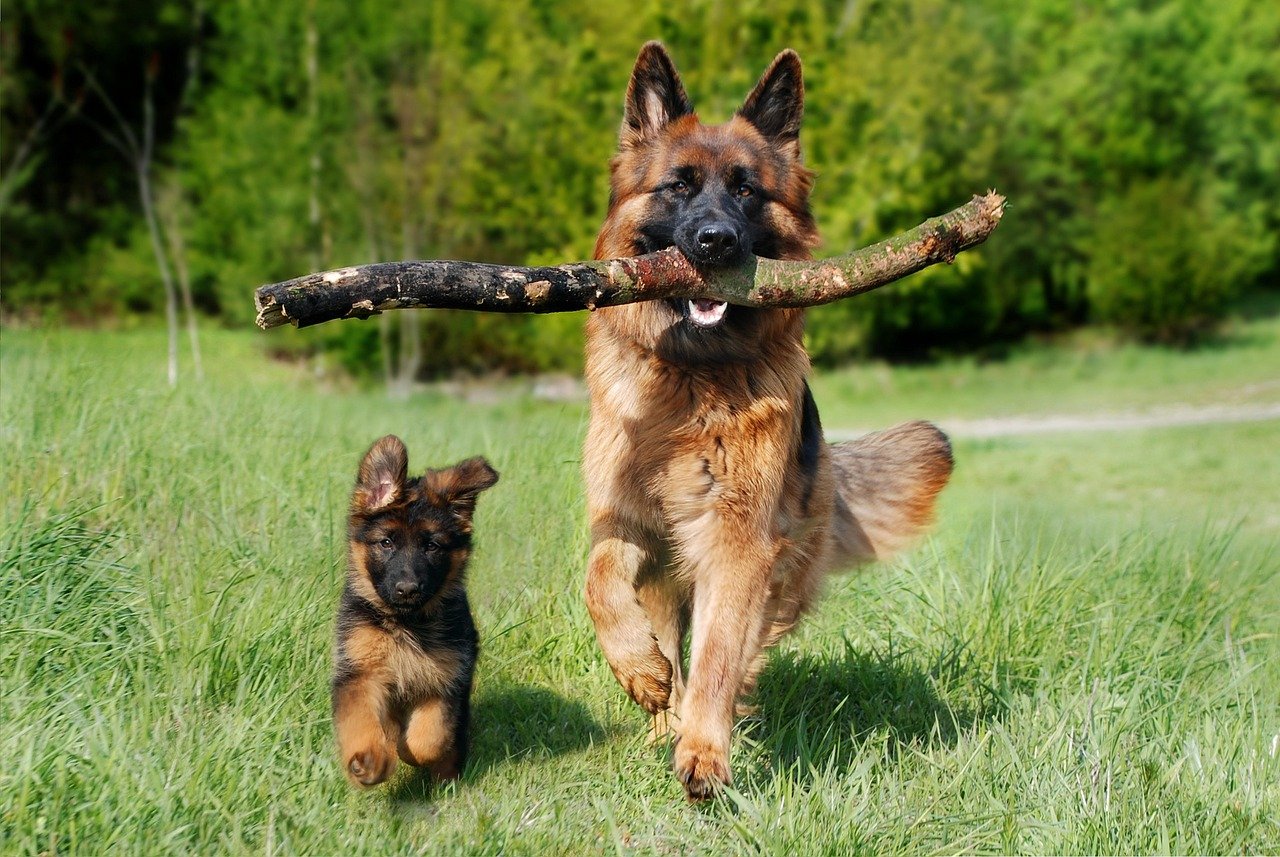
Playtime isn’t just a way to burn off energy—it’s a vital part of bonding. German Shepherds love games that challenge their minds and bodies, from hide-and-seek to tug-of-war. These moments are about more than just fun; they’re about laughter, surprise, and trust. When you get down on the floor and play, you’re telling your dog, “You’re important to me.” The joy you share during playtime creates lasting positive associations with you. Even on your busiest days, a quick game means the world to your Shepherd and helps cement that special bond only dog lovers understand.
Routine Feeding: More Than Just a Meal
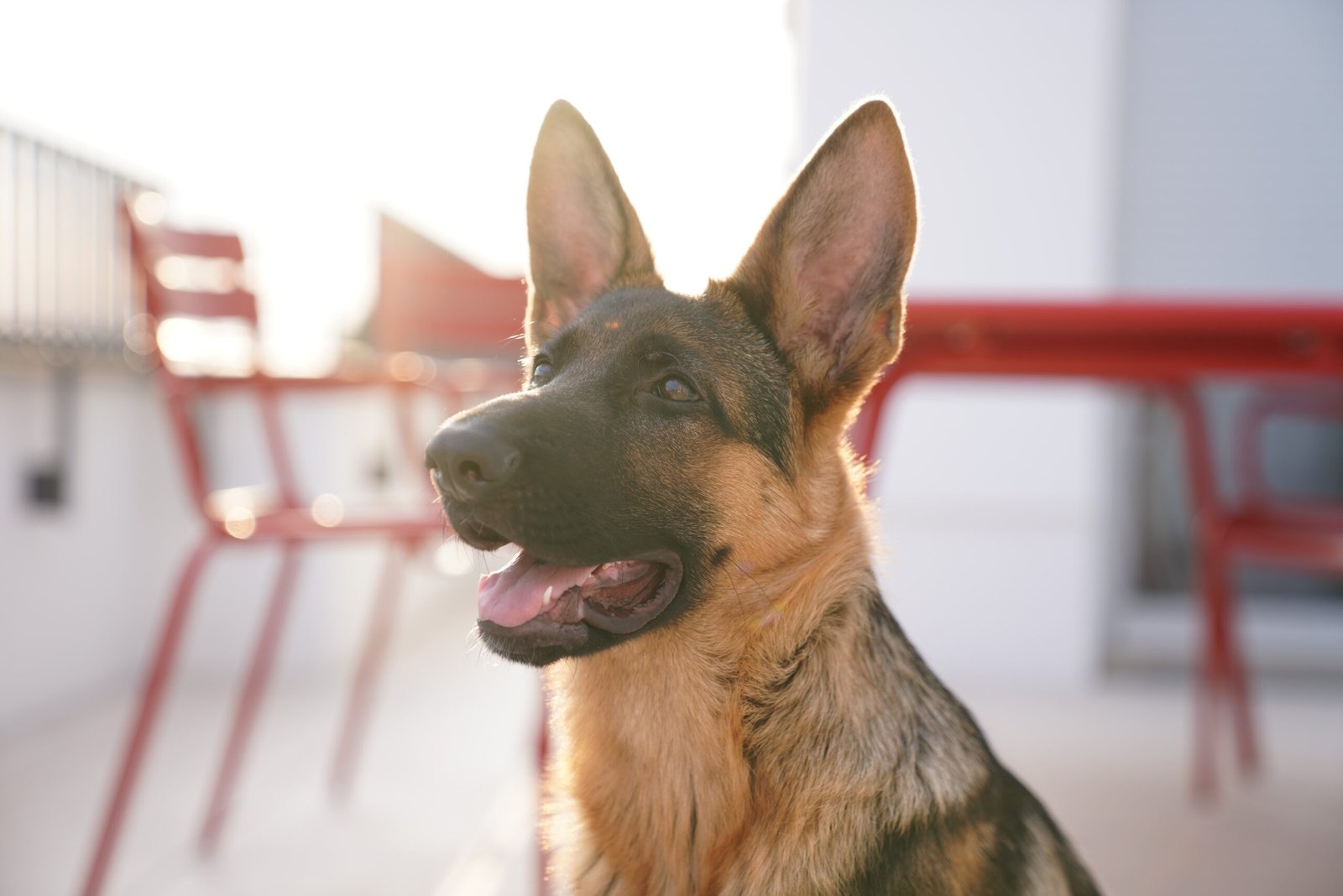
Feeding your German Shepherd at the same times each day does more than keep them healthy—it creates a sense of safety. Dogs thrive on predictability, and knowing when to expect their next meal helps reduce anxiety. Mealtime is also an opportunity for gentle interaction. Try using mealtime for training, eye contact, or a loving pat. These little rituals reinforce your role as a caring provider. A Shepherd who trusts you to meet their basic needs will be more likely to look to you for leadership and companionship.
Regular Grooming: Turning Care Into Affection
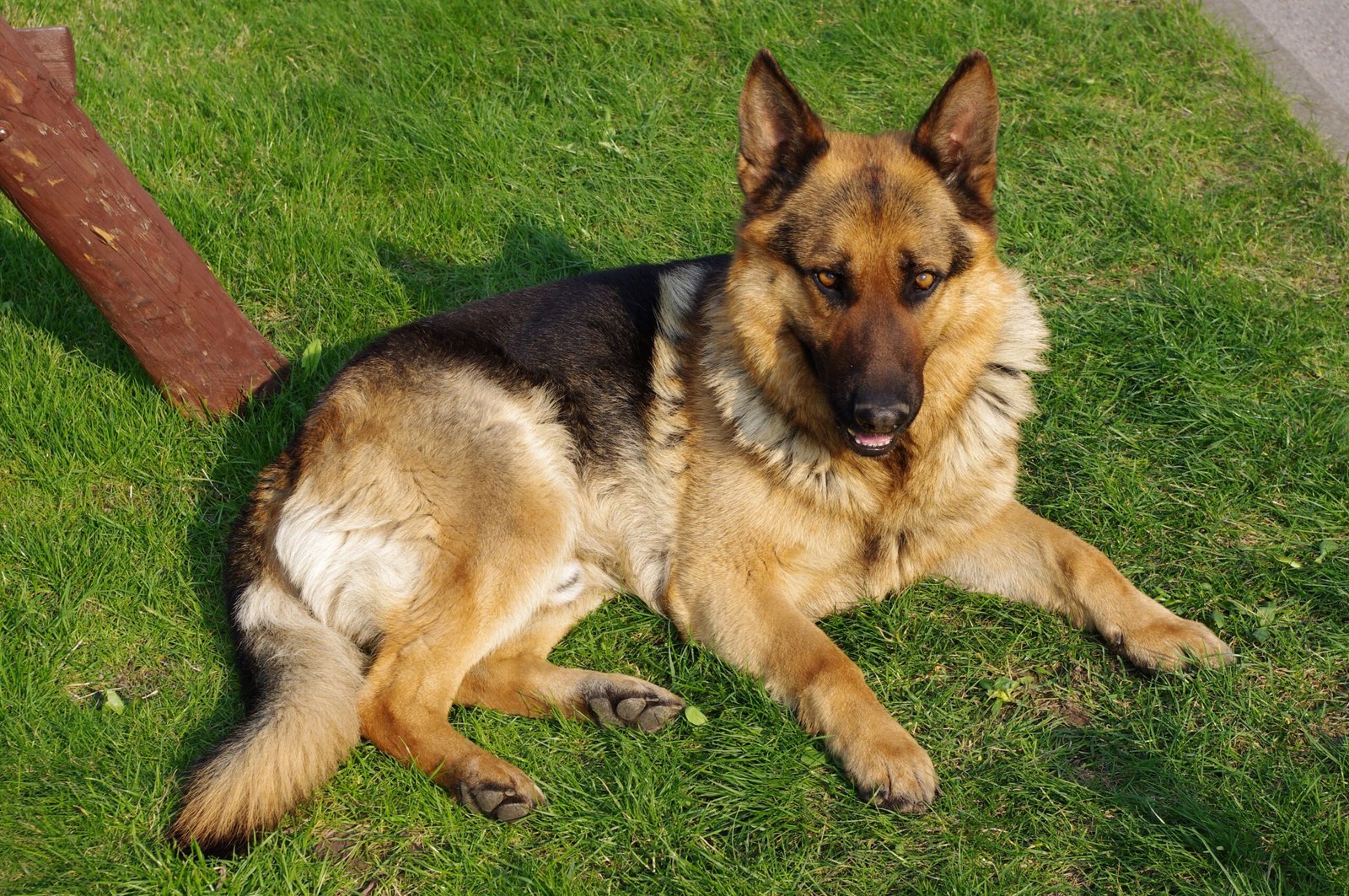
Grooming is about more than keeping fur off your couch; it’s a powerful way to build trust. Brushing your German Shepherd regularly is like giving them a massage—they relax, you relax, and the world melts away. It’s a time for gentle conversation, soothing touch, and quiet bonding. Dogs quickly associate grooming with love and security. Checking their ears, teeth, and paws regularly also means you can spot health issues early, showing your dog that you’re always looking out for them. Even a quick brush can mean, “I love you, and I care.”
Setting Boundaries: The Secret to Mutual Respect

Some owners shy away from setting rules, fearing it will make their dog unhappy. In reality, boundaries are one of the greatest gifts you can give a German Shepherd. These dogs need to know what’s expected and where the limits are. Clear boundaries—like not jumping on guests or waiting at the door—help your Shepherd feel safe and respected. When boundaries are consistent, your dog knows you’re a reliable leader. This builds deep trust and makes your relationship stronger than ever. Think of boundaries as the gentle guardrails on the adventure you share.
Positive Reinforcement: Building Confidence and Love
German Shepherds want to please you. Every time you reward good behavior with praise, treats, or affection, you reinforce your bond. Positive reinforcement isn’t just about training; it’s about celebrating your dog’s efforts. When your Shepherd feels successful, their confidence soars, and they look to you for more guidance. Avoid harsh corrections or scolding—these can create confusion and fear. Instead, focus on the good moments. A simple, heartfelt “Good dog!” can light up your Shepherd’s day and make them feel like your hero.
Shared Adventures: Creating Lifelong Memories
Traveling to a new park, hiking a new trail, or even exploring a different neighborhood can be an adventure for your Shepherd. These shared experiences are powerful bonding moments. They make your dog associate excitement, curiosity, and happiness with you. When you introduce your Shepherd to new sights, sounds, and smells, you’re growing together. These adventures don’t have to be grand—a new walking route or a car ride can be thrilling. The important thing is the sense of discovery and togetherness you foster.
Calm Affection: The Power of Quiet Moments
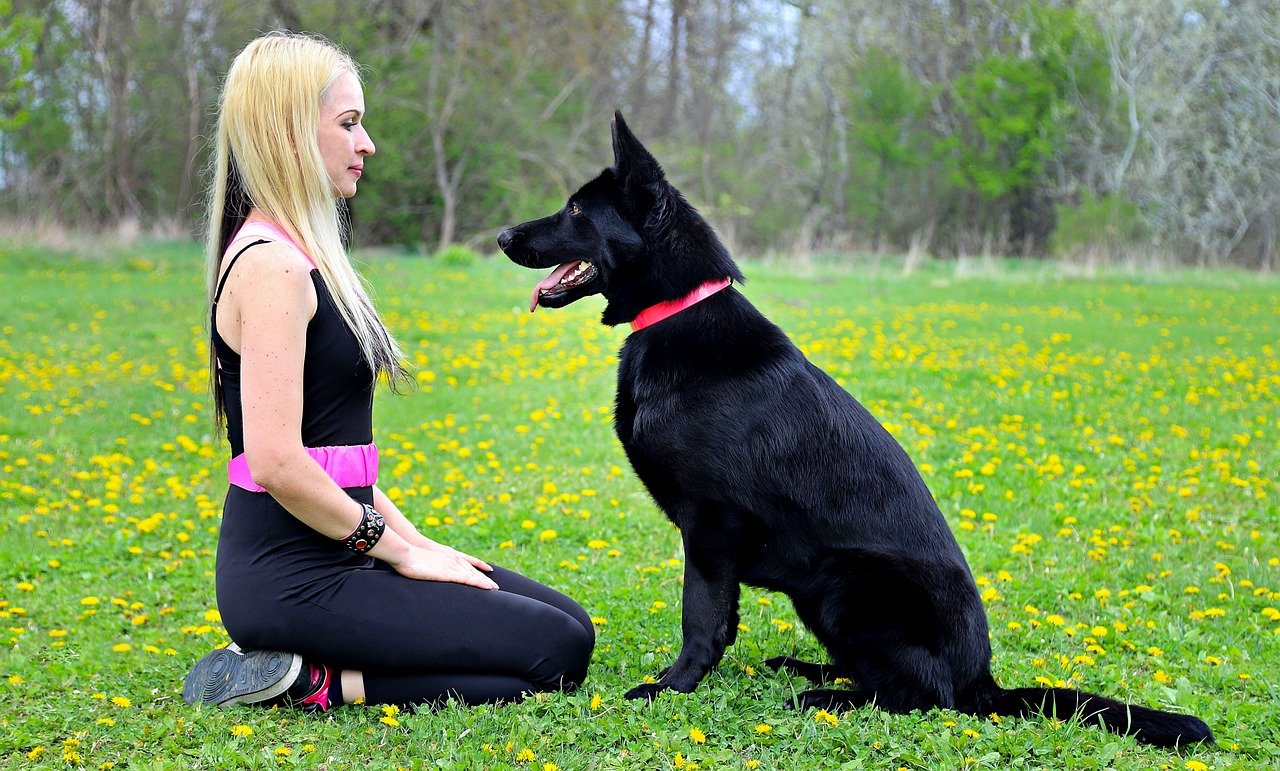
Not every bonding moment has to be energetic. Sometimes, the deepest connections are built in silence. Sitting quietly with your German Shepherd, gently stroking their head, or simply sharing space creates a sense of peace and belonging. Dogs pick up on your emotions, and your calm presence reassures them. These moments tell your Shepherd, “You are safe with me.” Over time, your dog will seek you out not just for play, but for comfort—a sure sign of true loyalty.
Inconsistent Discipline: Confusion That Weakens Trust
One of the quickest ways to erode your bond is through inconsistent discipline. If your Shepherd isn’t sure what’s allowed and what’s not, anxiety and mistrust can creep in. Imagine being praised for jumping on the couch one day, then scolded the next—it’s confusing! This unpredictability makes your dog unsure of your leadership. Consistency is key. When rules change from day to day, your Shepherd may start to ignore your cues or, worse, stop looking to you for guidance altogether.
Neglecting Exercise: Restlessness and Resentment
Skipping walks or playtime might seem harmless on a busy day, but over time, it can deeply impact your relationship. German Shepherds are high-energy and need regular outlets for their drive. Without exercise, they can become frustrated, destructive, or withdrawn. You might start seeing chewed shoes or holes in the yard—signs that your Shepherd’s needs aren’t being met. This unmet energy can turn into resentment, making your dog less eager to listen or spend time with you.
Lack of Socialization: Fear and Distrust
German Shepherds are naturally protective, but without regular socialization, this trait can turn into fearfulness or aggression. Avoiding other dogs, people, or new environments teaches your Shepherd that the world is a scary place. This can make them nervous or reactive, straining your bond. Socialization is crucial from puppyhood through adulthood. Gentle, positive introductions to new experiences build your dog’s confidence and trust in you as their guide. Without it, your Shepherd may see you as someone who limits their world instead of expanding it.
Ignoring Health Needs: Breeding Anxiety and Pain
Neglecting your Shepherd’s health—whether it’s skipping vet visits, ignoring dental care, or missing flea treatments—can lead to discomfort and anxiety. Dogs may not be able to tell you when something’s wrong, but they feel pain and unease just like humans. Over time, chronic discomfort can make your dog withdrawn, irritable, or even aggressive. Tending to your Shepherd’s health isn’t just responsible; it’s a direct way to show your love and commitment. When you overlook their needs, you risk breaking the deep trust that loyalty is built on.
Overuse of Harsh Corrections: Shattering Confidence
Raising your voice, using physical punishment, or relying on harsh corrections can devastate your relationship with your German Shepherd. These dogs are sensitive and highly attuned to your emotions. Harsh discipline creates fear, confusion, and a sense of betrayal. Instead of learning, your Shepherd may become anxious or even begin to avoid you. Positive reinforcement—praising good behavior and gently guiding mistakes—is always more effective. The goal is to build trust, not break your dog’s spirit.
What routines do you share with your German Shepherd, and have any of these surprised you?

Esther is from India; the heartbeat of South Asia, holding a Master’s degree in Zoology and a postgraduate diploma in Animal Welfare. Her enthusiasm for animal welfare drives her passion and dedication to working for animals, ensuring their well-being, and advocating for their rights. With a solid academic background and hands-on experience, she is committed to making a positive impact in the field of animal welfare. In her free time, she enjoys embroidery and sewing. As a Chennaite from Tamil Nadu, Esther loves Bharathanatyam, an Indian classical dance form.






